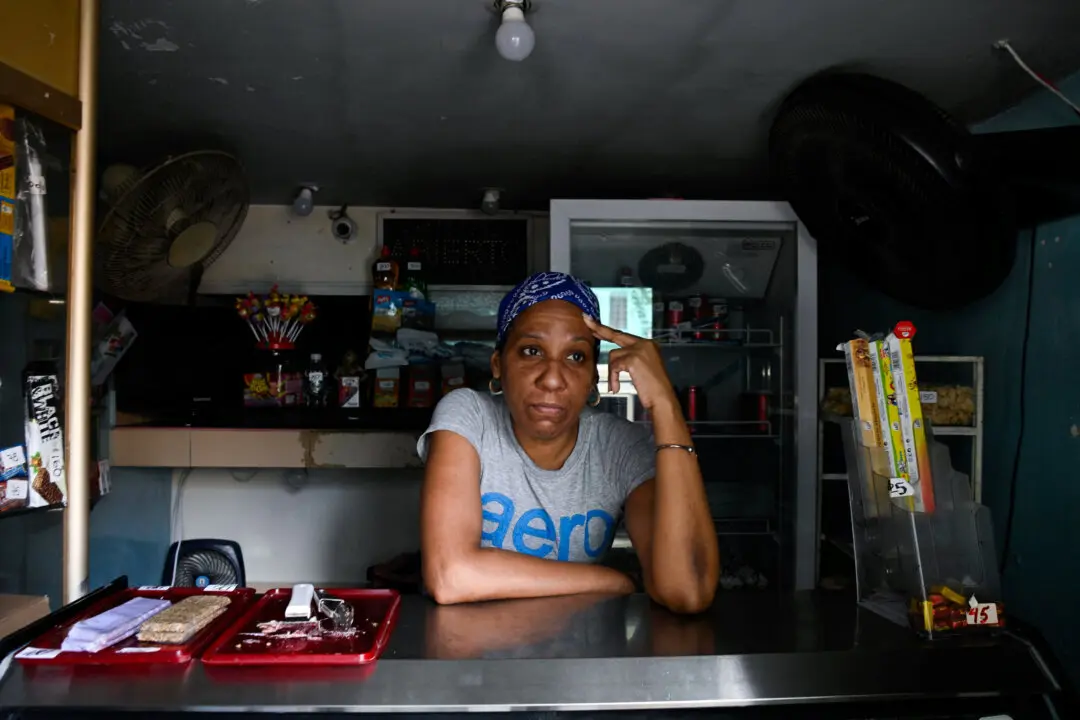LONDON—The yen was on track for its 10th straight weekly decline against the relentlessly strong dollar on Friday, while sterling fell as political turmoil once again gripped Britain.
The dollar gained across the board, also pushing the Swiss franc to its lowest level since May 2019.





